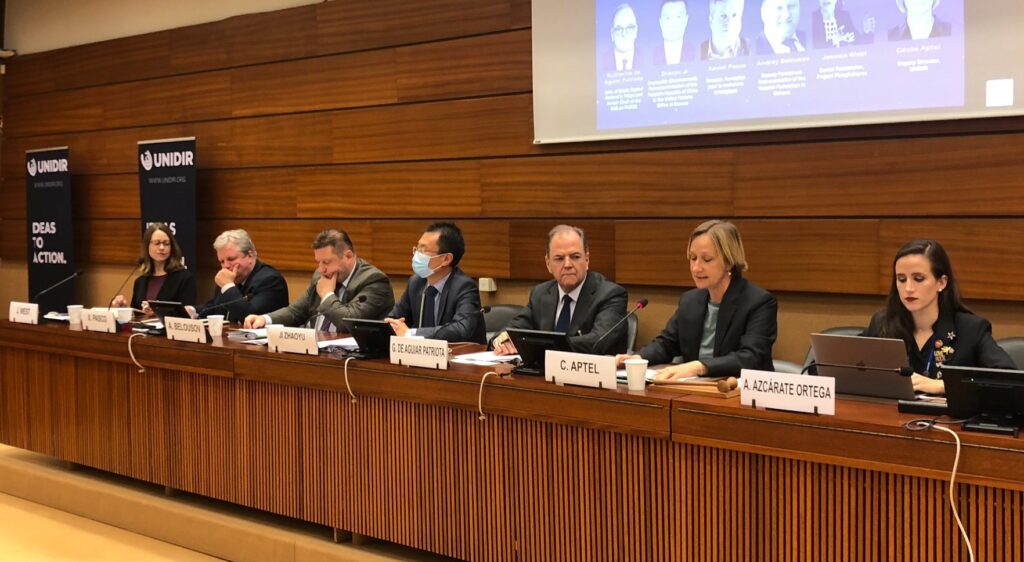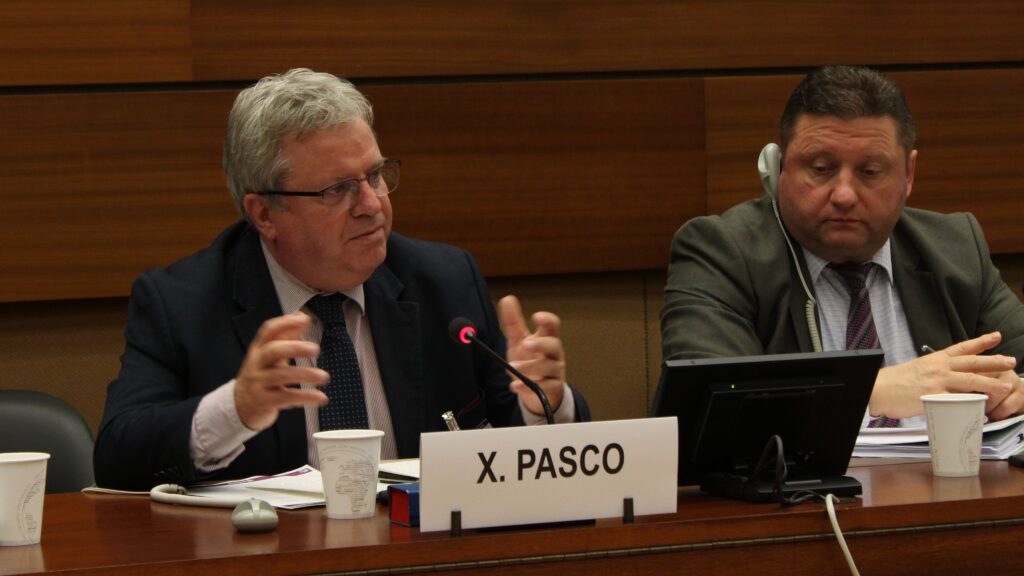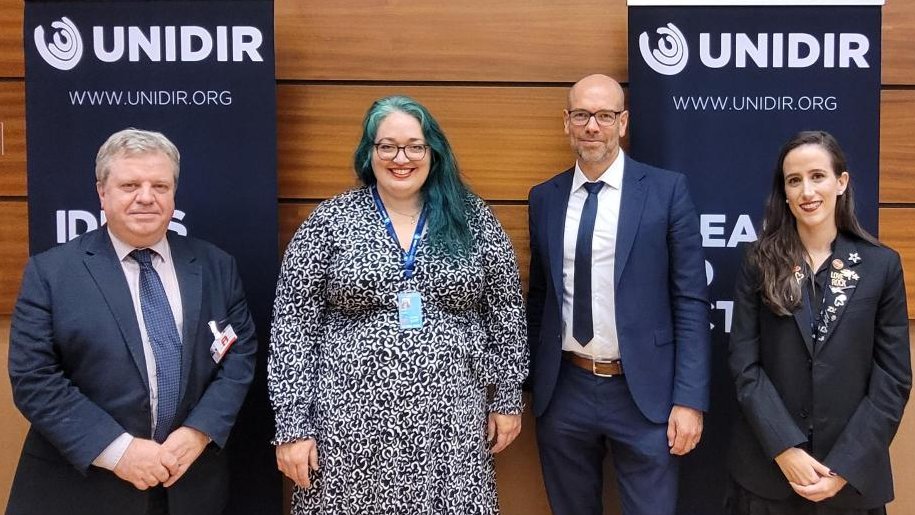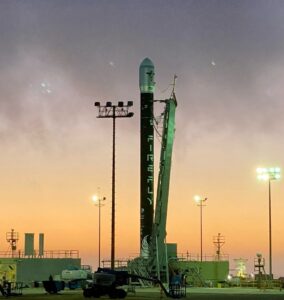Promoting the HCoC at the UNIDIR Space Security Conference
1 November 2022
Geneva
Dr Xavier Pasco, Director of the FRS, explained how the Hague Code of Conduct participates to space security during the UNIDIR Space Security Conference on 1st November 2022, in Geneva.
AGENDA
Panel II — How Can Space Security Be Achieved: Past, Present, Future Efforts And Practical Measures For PAROS
MODERATOR:
- Cécile Aptel, Deputy Director, UNIDIR
PANELLISTS:
- Andrey Belousov, Deputy Permanent Representative of the Russian Federation in Geneva
Guilherme de Aguiar Patriota, Amb. of Brazil, Consul General in Tokyo & former Chair of the GGE on PAROS
Ji Zhaoyu, Counsellor (Disarmament), Permanent Mission of the People’s Republic of China to the United Nations Office at Geneva
Xavier Pasco, Director, Fondation pour la recherche stratégique
Jessica West, Senior Researcher, Project Ploughshares

Over the years, many different mechanisms and processes have been proposed to address space security concerns and to achieve the goals of PAROS. This panel will look at the past and present initiatives that States have undertaken to address space security concerns, and to consider what lessons can be learned for the future. Attention will be paid to initiatives including, the draft treaty on the Prevention of the Placement of Weapons in Outer Space and of the Threat or Use of Force Against Outer Space Objects, the draft International Code of Conduct for outer space activities, the Hague Code of Conduct against Ballistic Missile Proliferation, the groups of governmental experts on TCBMs in outer space activities and on advancing a legally binding mechanism for PAROS, as well as the most recent open-ended working group on reducing threats through norms, rules and principles of responsible behaviours.





